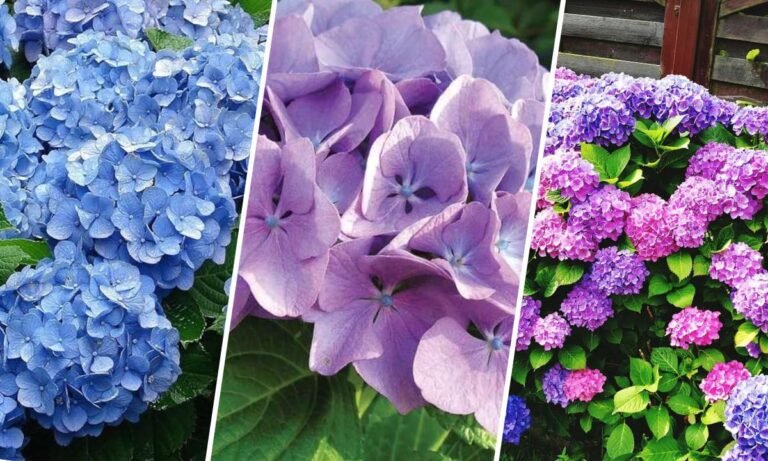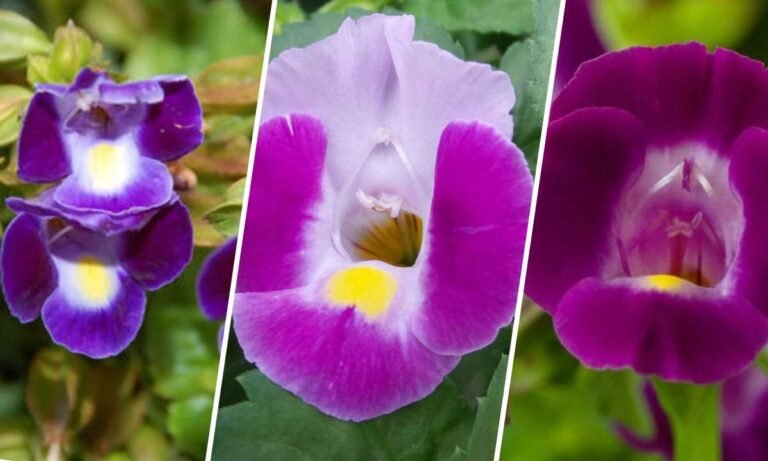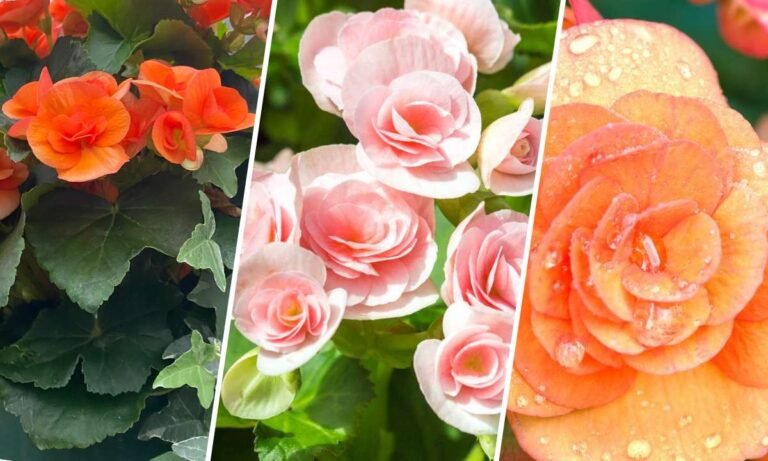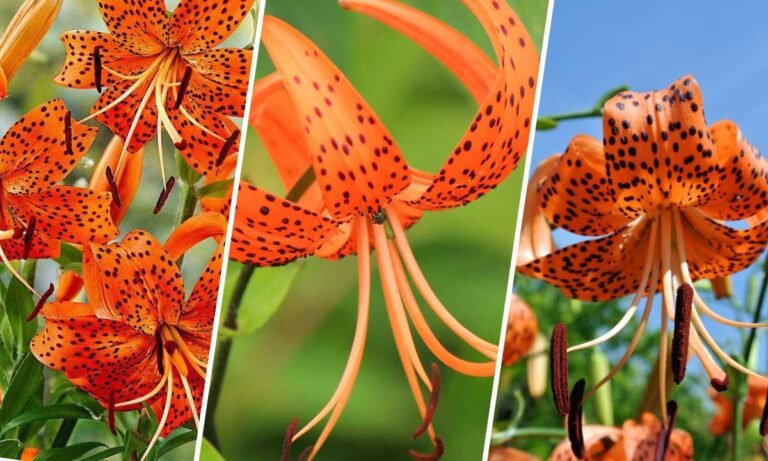The sunflower, known for its radiant petals and cheerful demeanor, holds a special place in the hearts of flower lovers and historians alike. This iconic bloom has been cherished across many cultures and time periods. In this article, we explore the deep meanings, historical roots, and symbolic significance of the sunflower, offering a detailed journey that is both captivating and enlightening.

Origins and Meaning
The name “sunflower” comes from its habit of turning towards the sun, a behavior called heliotropism. This charming trait symbolizes warmth, adoration, and longevity. Botanically named Helianthus annuus, the sunflower stands as a perennial symbol of natural beauty.
Symbolic Meanings
Happiness and Positivity
The sunflower is often associated with happiness and positivity. Its bright yellow petals and sunny disposition evoke feelings of joy and optimism, making it a popular choice for uplifting bouquets and decorations.
Loyalty and Adoration
Across cultures, sunflowers symbolize loyalty and adoration. They represent steadfastness in relationships, as their unwavering stance facing the sun symbolizes enduring love and devotion.
Vitality and Energy
Linked to the sun itself, the sunflower is a symbol of vitality and energy. It embodies resilience and the ability to thrive in diverse environments, inspiring strength and determination.

Historical Significance
Native American Cultures
Sunflowers have deep roots in Native American cultures, where they were cultivated for their nutritious seeds and revered as symbols of harvest and abundance. They were also used in ceremonies to connect spiritually with the earth.
European Introduction
Introduced to Europe in the 16th century, sunflowers captivated explorers and artists alike. Their tall stature and vibrant blooms quickly became popular subjects in botanical illustrations and gardens.
Modern Usage
Today, sunflowers continue to be cherished for their cheerful appearance and profound symbolism. They adorn gardens, floral arrangements, and artworks, symbolizing growth, positivity, and the beauty of nature.
Varieties and Their Meanings
Giant Sunflower
The towering giant sunflower (Helianthus giganteus) symbolizes grandeur and strength, representing ambition and achievement.
Dwarf Sunflower
The compact dwarf sunflower (Helianthus annuus var. nanus) symbolizes resilience and adaptability, retaining the brightness and charm of its larger counterparts.
Red Sunflower
The red sunflower (Helianthus annuus) symbolizes passion and deep affection, making it a meaningful choice for romantic gestures.
Sunflower in Culture
Native American Traditions
In Native American traditions, sunflowers symbolize harvest, abundance, and spiritual significance, often used in rituals to honor the earth’s gifts.
Ukrainian Folklore
In Ukrainian folklore, sunflowers are associated with the sun god, bringing good luck and protection. They feature prominently in traditional embroidery and decorative arts.

Growing and Caring for Sunflowers
Planting Sunflowers
Sunflowers are easy to grow in well-drained soil with full sun exposure. They thrive in warm climates and can reach impressive heights with proper care.
Caring for Sunflowers
Regular watering and support for taller varieties ensure healthy growth. Deadheading spent blooms encourages continuous flowering throughout the season.
Conclusion
The sunflower stands as a timeless symbol of happiness, positivity, and vitality. Its rich history, diverse meanings, and enduring appeal make it beloved in gardens and floral arrangements worldwide. Whether you’re a gardener, a flower enthusiast, or simply someone who appreciates nature’s beauty, the sunflower continues to inspire and uplift hearts everywhere.






